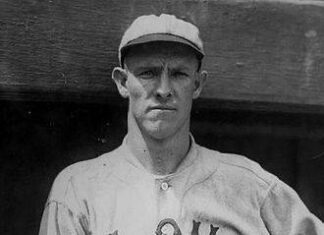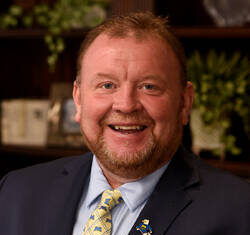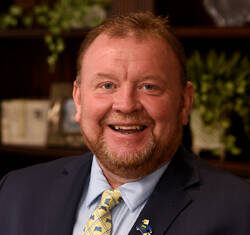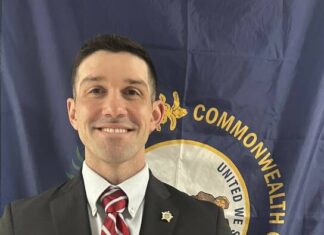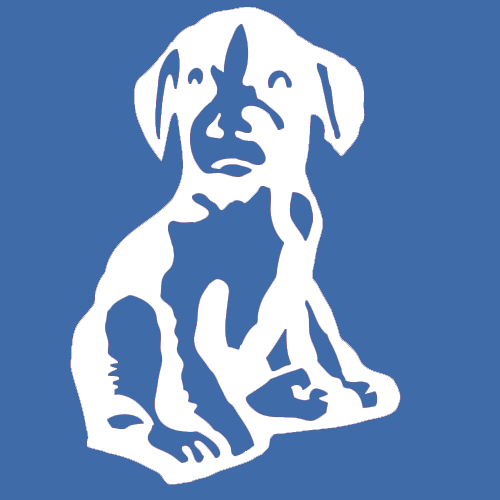“Prepare for the unknown by studying how others in the past have coped with the unforeseeable and the unpredictable.” -Gen. George S. Patton
History is pattern of repeated events. We, as a people, have much to learn and much to offer as the result of the social construct in which we find ourselves. Perhaps our greatest lesson is in placing ‘we’ before ‘me’. This lesson begins before we come to focus on organized religion, structured education, or advanced degrees. It is part of our DNA before the world offers their biases of social norms. We are built and wired for connection; to take care of one another. We are more alike than different, yet we seem to be intent to discover and highlight the ways in which we’ve been indoctrinated to believe we are ‘right’. We have to be willing to look at the experiences and opinions of others to increase our awareness of and empathy toward those not like us.
The parable of a Chinese farmer goes something like this:
Once there was a Chinese farmer who worked his poor farm together with his son and their horse. When the horse ran off one day, neighbors came to say, “How unfortunate for you!” The farmer replied, “Perhaps, who’s to say.” When the horse returned, followed by a herd of wild horses, the neighbors gathered around and exclaimed, “What good luck for you!” The farmer stayed calm and replied, “Perhaps, who’s to say.” While trying to tame one of wild horses, the farmer’s son fell, and broke his leg. He had to rest up and couldn’t help with the farm chores. “How sad for you,” the neighbors cried. “Perhaps, who’s to say,” said the farmer. Shortly thereafter, a neighboring army threatened the farmer’s village. All the young men in the village were drafted to fight the invaders. Many died. But the farmer’s son had been left out of the fighting because of his broken leg. People said to the farmer, “What a good thing your son couldn’t fight!” “Perhaps, who’s to say” was all the farmer said.
It is hindsight that serves as our greatest teacher if we allow reflection to occur. Reflection is a skill that requires active participation and an open mindset. It is a verb which, according to J. Moon in Reflection in Learning and Professional Development: Theory and Practice , a dynamic action-based and ethical set of skills, placed in real time and dealing with real, complex and difficult situations is practiced. Reflection bridges theory and practice. As you move forward in your personal and professional life during times of uncertainty, use the opportunity to reflect and learn. Keep a learning journal as you work through the process as you may find that there are improvements to make along the way and documentation will be critical in assessing specific steps. Neil Thompson in his book, People Skills, suggests following these six steps for developing reflective practices:
1) Read– collect information from credible sources around the topic you want to understand and develop
2) Ask– collect opinions that differ from yours about what and why they do things
3) Watch– observe what is going on around you
4) Feel– pay attention to your emotions, what prompts them, and how you respond
5) Talk– share your views and experiences with others in your group or organization
6) Think– learn to value time spent thinking about the work
Reflective practice increases self-awareness in a way that improves emotional intelligence, active engagement, and innovation which, in turn, will contribute to better outcomes. Are we responding well to a global pandemic, “Perhaps, who’s to say?”

